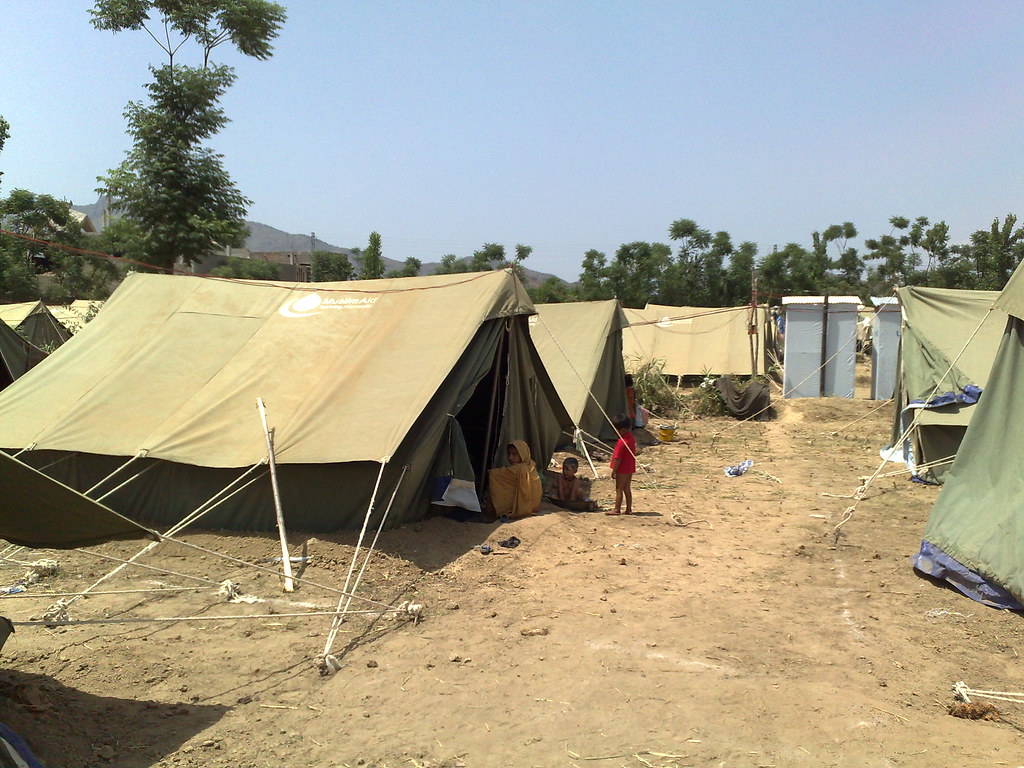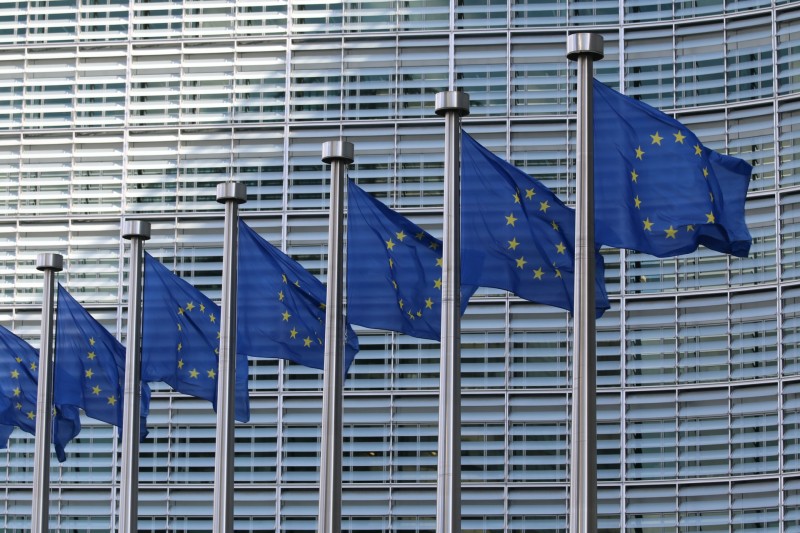What the European Union can learn from Colombia’s new migration policy
Since 2015, over five million Venezuelans have left their home country due to socio-economic and political degradation. Colombia has been the largest recipient of the displaced population, welcoming over two millions of Venezuelans and expanding legal pathways for promoting their full social and economic integration. Nevertheless, major gaps in accessing education, the formal labor market, and healthcare still persist.
Likewise, almost two million people from Africa and the Middle East have hit the European Union (EU) since 2016. Although they may enjoy the social order and peaceful conditions of life, refugees’ standards of living are lower than those of the native-born population with gaps in educational achievement, high unemployment, and risks of social exclusion and poverty. What is more, because of the multi-agency nature of the EU migration policy, the arrival of refugees has brought tensions among Member States driven by economic, social and cultural divergences.
With the wake of the coronavirus pandemic, both regions, Latin America and Europe have faced challenges related to the social protection and inclusion of refugees and migrants. Available evidence, such as the Organization for Economic Cooperation and Development (OECD) Employment Outlook 2020, suggests that migrants are among the vulnerable groups that are paying the heaviest toll of the health crisis. Undocumented migrants, remain largely beyond the scope of contributory income-support schemes.
Despite the challenging situation, in the month of February 2021, the government of Colombia has announced it will be granting a Special Permit to all Venezuelans who entered the country before January 31, 2021, allowing them to stay legally and work for ten years. The action is meant to discourage illegal migration and identify the current characteristics and needs of a large undocumented wave of migrants living outside the radar of the central government. Implementation will be difficult, given resource constraints, limited state capacity and lack of documentation of many migrants. However, this new policy is the concrete recognition that it is better to integrate people into the formal healthcare, social, and economic systems. Scholars, researchers, and political analysts have welcomed the announcement from Colombian President Iván Duque Márquez with enthusiasm, defining the act as a great international example of migration policy.
As an institution of 27 members, national and supranational cooperation makes decision-making processes longer and complex within the EU. Nevertheless, as frontrunner of human rights defense and promotion, the EU should look at the example of Colombia and ponder upon the implementation of similar migration management policies. There has been a strong criticism towards the existing European migration frameworks, such as the Dublin Regulation, given the unfair burden on the shoulders of the EU bordering countries. In addition, uncooperative spirits from some Member States have not allowed for progress. However, it is well-documented that new labor and human capital can increase aggregate economic output. Thus, it is in the interest of European economies and societies to promote integration. Like in Colombia, major problems stem from the fact that legal status is not always granted and, in the case of the EU, asylum requests cannot be submitted to more than one Member State.
As for Venezuelan refugees in Colombia, the influxes to the EU should be regarded as positive for the European economy in the long-term, as well as for addressing its alarming demographic trends. Newcomers can fill important niches in the labor market and various economic sectors. This view is not new. For a long time, some exponents of the European Parliament have highlighted that the EU and its Member States should “target the potential gains from the current influx by, inter alia, successful economic and social integration of the refugees”. Finally, last year, the new 2020 migration pact put forward by the European Commission has allowed for some progress. Single Members should take advantage of the momentum and take the opportunity to revisit national public policies in place for social and economic integration of asylum-seekers, migrants, and refugees.
According to the International Monetary Fund (IMF), economic growth within advanced economies shrank by 4.9 percent in 2020. Specifically within the Euro Area, the contraction of growth for 2020 is estimated to be 7.2 percent. Similarly, the IMF projected Latin America’s 2020 GDP would show a decline of 7.4 percent, a significant slowdown for a region populated by mostly middle-income countries. Justified by the economic backlash of coronavirus, many might claim that this is not the right time to focus on migration reforms. However, that should not be the case.
In this pandemic, EU Member States have agreed on a large recovery fund: a total of €1.8 trillion will help rebuild a post-COVID-19 Europe for a greener, more digital and more resilient Europe. Countries are, thus, pledging that technology, sustainable development, and inclusion of women and young people are national priorities. Among the most marginalized, migrants and foreigners are at risk and policies in place should aim at their empowerment as well. The government of Colombia is an example of generous humanitarian policy, implemented in respect of human and refugee rights, as well as expected increase in economic output. The European Union and its Member States should prioritize investing in people, especially the most vulnerable, to build a resilient and prosperous post-COVID European future.
\ by Maria Santarelli
\ Sources:
https://www.unhcr.org/en-us/venezuela-emergency.html
https://migration.iom.int/europe?type=arrivals
https://www.oecd-ilibrary.org/employment/oecd-employment-outlook-2020_1686c758-en
https://www.migrationpolicy.org/research/legal-pathways-venezuelan-migrants-latin-america
https://blogs.imf.org/2020/06/19/migration-to-advanced-economies-can-raise-growth/
https://www.europarl.europa.eu/RegData/etudes/BRIE/2015/572809/EPRS_BRI(2015)572809_EN.pdf
https://www.ispionline.it/it/pubblicazione/europa-un-nuovo-vecchio-patto-sulle-migrazioni-27580
https://ec.europa.eu/info/sites/info/files/new-pact-on-migration-and-asylum-package.pdf
https://www.imf.org/en/Publications/WEO/Issues/2021/01/26/2021-world-economic-outlook-update
https://ec.europa.eu/info/strategy/recovery-plan-europe_en
\ image credits:
https://search.creativecommons.org/photos/c6078f7e-cba8-48e3-a960-b8d3fbcdde9f
Refugee Camp by Al Jazeera English
On https://search.creativecommons.org/




